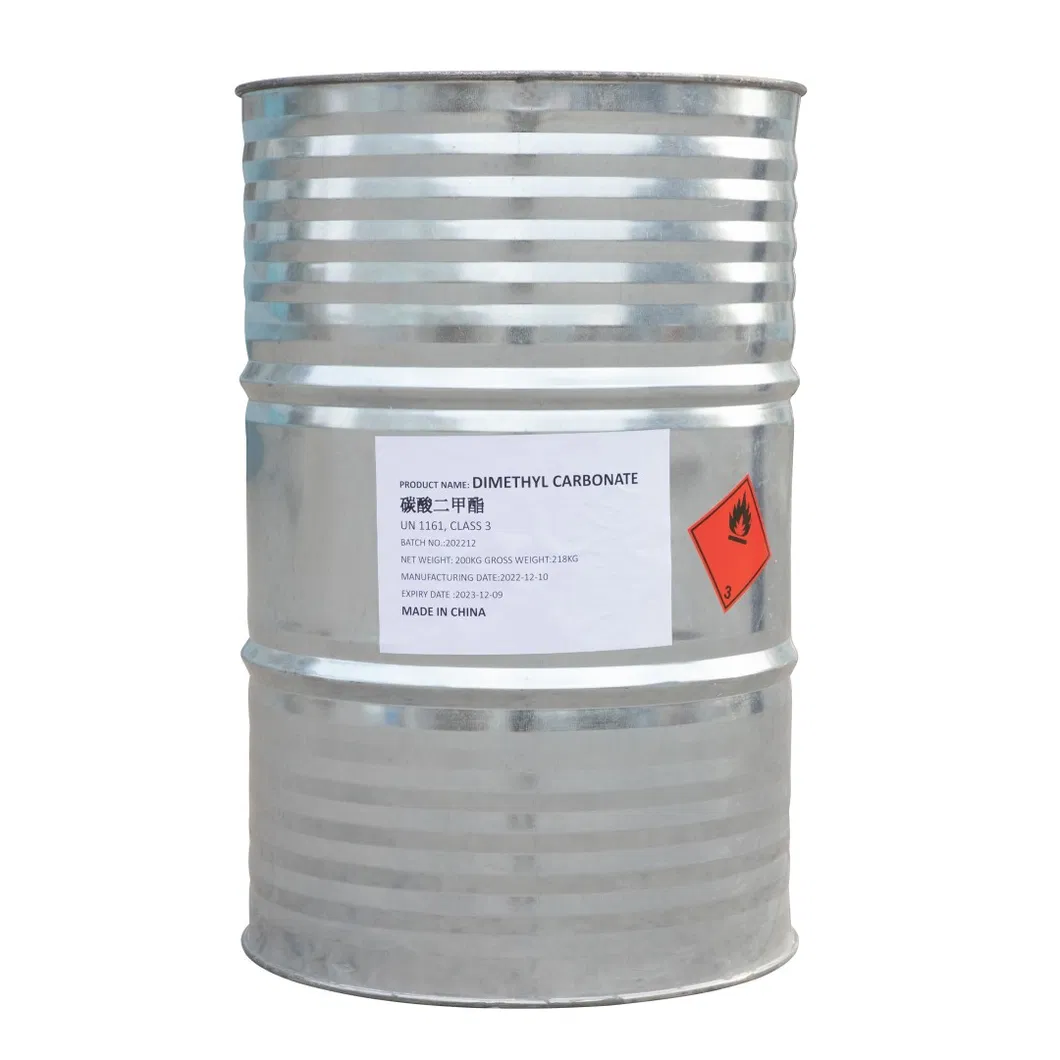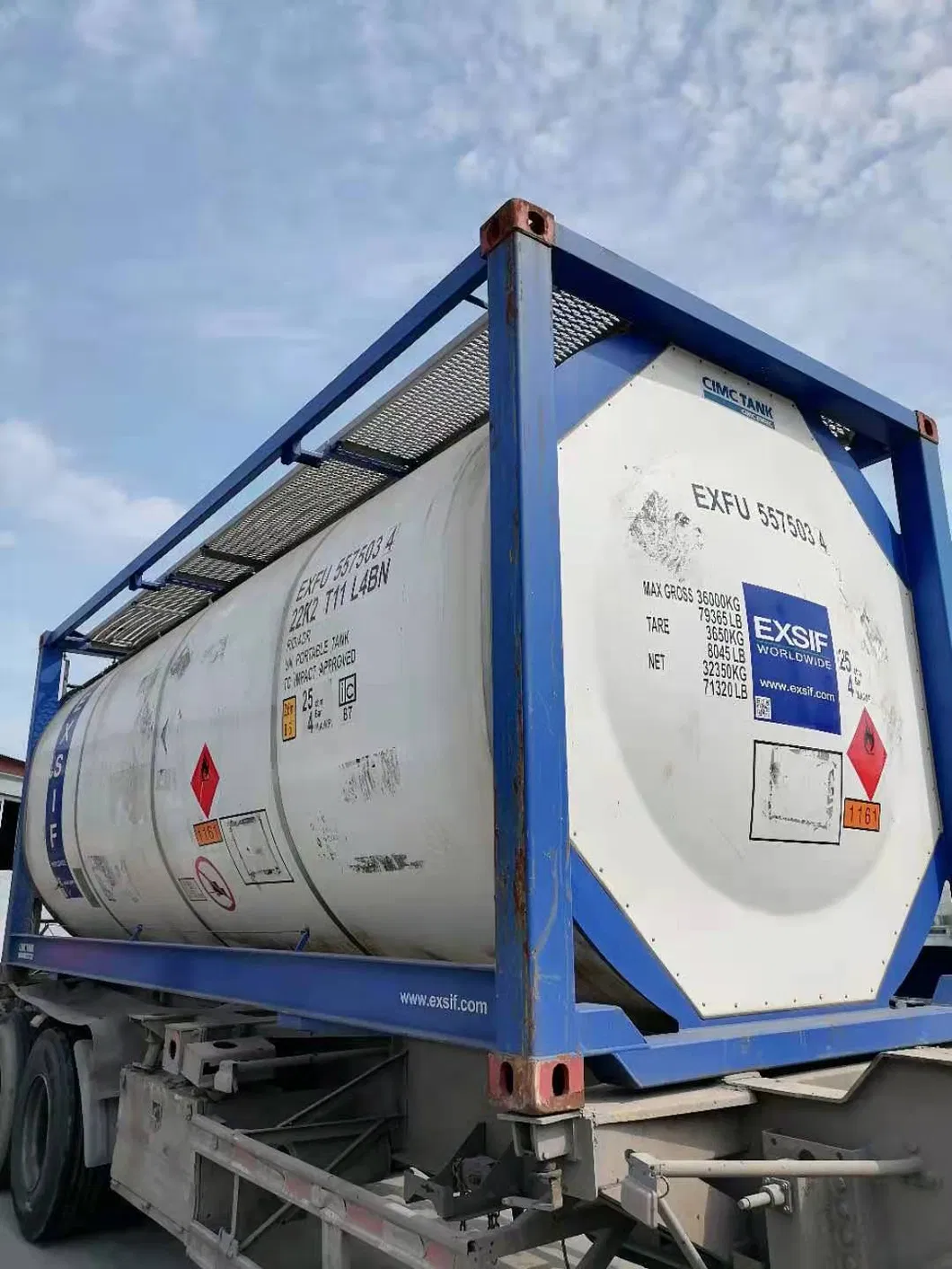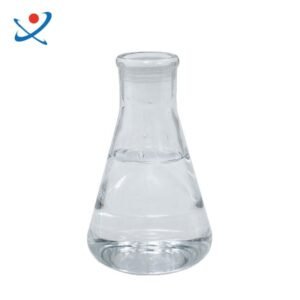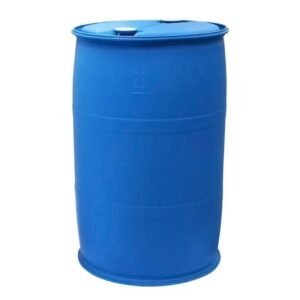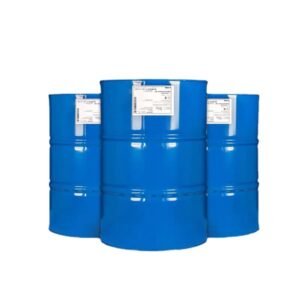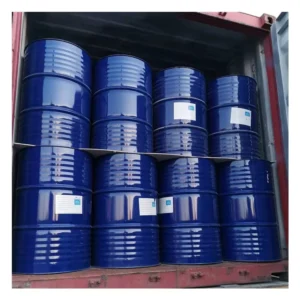Dimethyl carbonate (DMC), with the CAS number 616-38-6, is a colorless, flammable liquid that serves multiple roles in various industries. It is recognized for its low toxicity and environmentally friendly properties, making it a preferred alternative to more hazardous solvents and reagents.
Chemical Properties
Molecular Formula: C₃H₆O₃
Molecular Weight: 90.08 g/mol
Appearance: Colorless, clear liquid with a mild odor
Density: Approximately 1.0636 g/cm³ at 25°C
Melting Point: 3°C
Boiling Point: 90-91°C
Flash Point: 18.3°C (TCC)
Solubility: Slightly soluble in water; miscible with alcohols, ketones, and esters.
Applications
Dimethyl carbonate is utilized in various applications, including:
Solvent: It is used as a solvent in paints, coatings, and adhesives, replacing more toxic solvents like toluene and xylene.
Methylating Agent: DMC is an effective methylating agent for synthesizing pharmaceuticals and agrochemicals, including the antibiotic ciprofloxacin. It is preferred over traditional methylating agents due to its lower toxicity and biodegradability.
Chemical Intermediate: It serves as an intermediate in the production of polycarbonates, polyurethanes, and other specialty chemicals.
Battery Production: DMC is also used in the manufacturing of lithium-ion batteries, contributing to the development of more efficient energy storage solutions.
Production Methods
Dimethyl carbonate can be synthesized through several methods:
Oxidative Carbonylation: This environmentally friendly method involves the reaction of methanol, carbon monoxide, and oxygen in the presence of a catalyst, yielding DMC directly.
Transesterification: This method involves the reaction of ethylene or propylene carbonate with methanol.
Phosgene Method: Although less common now due to safety concerns, this traditional method involves the reaction of methanol with phosgene to produce DMC.
Environmental Impact
DMC is classified as a green reagent due to its low potential for bioaccumulation and persistence in the environment. It is readily biodegradable, making it a safer choice for various industrial applications compared to more toxic alternatives.
In summary, dimethyl carbonate (CAS 616-38-6) is a versatile chemical compound with significant applications in solvents, pharmaceuticals, and battery production, characterized by its low toxicity and environmental friendliness.
Dimethyl carbonate CAS 616-38-6
CAS Number :616-38-6
Other Name :
Methyl carbonate;
Carbonic acid
MF:C3H6O3

